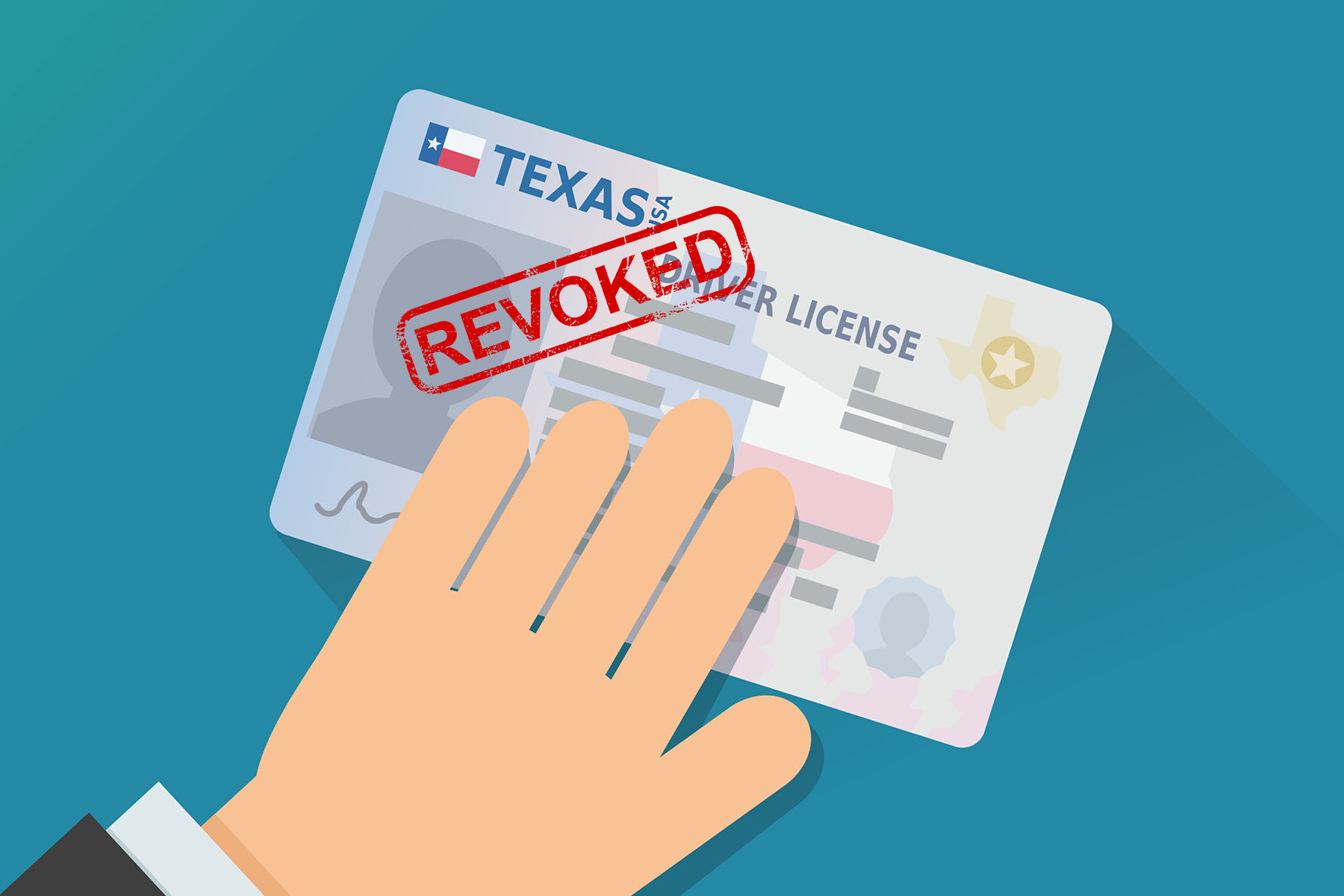If you’ve ever wondered what’s a high point moving violation DMV DWI, you’re not alone. Most people only learn about points on their license when they get a speeding ticket or receive a notice in the mail saying their insurance premium just jumped. But DWIs—Driving While Intoxicated offenses—aren’t just ordinary infractions. They’re considered high-point moving violations by most Departments of Motor Vehicles (DMVs), and they come with serious consequences that can stick with you for years. This makes understanding how they’re classified and what actions you can take even more essential.
In this detailed article, we’re diving deep into how DWIs impact your driving points, what the DMV considers a high-point violation, and how this all affects your record, your wallet, and your future behind the wheel. We’ll share real-world examples, unpack different state laws, and provide practical advice for managing your driving record after a DWI. If you’ve ever found DMV terms confusing or felt blindsided by license points, you’re in the right place.
Let’s get into it. You’ll soon see why a DWI isn’t just a one-time event—it’s a label that can ripple through every part of your life.

What’s a High Point Moving Violation DMV DWI?
Understanding the Language First
When people ask what’s a high point moving violation DMV DWI, they’re usually trying to understand how DWIs fit into the DMV’s point system. In states that use a point-based system to monitor driver behavior, high point violations are the most severe infractions you can commit while operating a motor vehicle. These violations result in the highest number of penalty points added to your driving record. It’s a way for the DMV to track risk and enforce accountability among drivers.
A DWI (Driving While Intoxicated)is almost always categorized as a high-point moving violation. Unlike minor infractions like rolling through a stop sign or going 10 mph over the speed limit, a DWI reflects reckless or dangerous behavior that could lead to injury or death. Because of the potential harm involved, DWIs get top-tier treatment in nearly every point system nationwide.
And that’s why the DMV treats it differently—adding more points, suspending your license more quickly, and requiring additional steps like alcohol education or ignition interlock devices to reinstate driving privileges. This extra scrutiny is designed to deter repeat offenses and protect public safety.
Real-World Example: Kevin’s Costly Mistake
Kevin, a 34-year-old construction foreman in North Carolina, had a clean driving record for over a decade. One night, after two beers and a long day at work, he got pulled over for swerving slightly. He was arrested and charged with DWI. He thought the worst was behind him when he paid his fine and completed court requirements.
But weeks later, Kevin got a letter from the DMV stating that 12 points were added to his license—enough to trigger an automatic suspension. He also saw his insurance premiums double overnight. Kevin had no idea that a DWI was a high point moving violation, and by the time he realized the consequences, it was too late to appeal.
Kevin’s story is far from unique. It shows just how important it is to understand how DWIs impact your driving points before you find yourself dealing with the fallout.
DMV Point Systems: A Quick Overview
What Are Driving Points Anyway?
Most states operate on a point system to keep track of driving behavior. The DMV assigns a certain number of points for each moving violation you commit, and the more points you accumulate, the closer you get to having your license suspended or revoked.
Here’s a typical breakdown:
- 1-2 points: Minor infractions (failure to signal, rolling stop, low-level speeding)
- 3-4 points: Moderate violations (reckless driving, excessive speeding, running a red light)
- 5+ points: Serious offenses (hit and run, DUI/DWI, driving without insurance)
Once you hit a specific threshold (for example, 12 points within 12 months in some states), the DMV can suspend your license.
That’s why a DWI is a high point moving violation—it fast-tracks drivers to penalties because of how dangerous the offense is considered.
How Many Points Does a DWI Add?
It Varies by State
The number of points assigned for aDWI offensedepends on where you live. Here’s how a few states handle it:
- New York: Surprisingly, DWIs don’t add points—but your license is suspended immediately and you’re treated as a high-risk driver
- North Carolina: A DWI results in 12 points, the maximum allowed
- Texas: Texas doesn’t use a point system anymore, but a DWI results in automatic license suspension and hefty surcharges
- California: A DUI (California’s term) adds 2 points, but it stays on your record for 10 years
- Florida: DUI adds 4 points, but a conviction comes with mandatory license suspension
Although the actual number may vary, DWIs are considered high point violations either directly through the point system or indirectly via license suspensions and administrative penalties.
Insurance and High-Point Violations
Why Premiums Skyrocket After a DWI
Your insurance provider doesn’t need to know the specific point total to penalize you after a DWI. They treat a DWI offense as a high-risk indicator and may either cancel your policy or significantly raise your premiums.
How bad is it?
- On average, insurance increases by 80–300% after a DWI
- Many standard insurers will drop you entirely, forcing you into high-risk pools
- You may be required to file an SR-22 form, proving you have liability insurance

So even if you’re unclear on what’s a high point moving violation DMV DWI, rest assured your insurance company knows—and they’re going to act accordingly.
DMV Administrative Penalties Beyond Points
There’s More Than Just the Numbers
Even if your state doesn’t assign points for a DWI, that doesn’t mean the DMV lets you off easy. Administrative penalties can include:
- Immediate license suspension
- Mandatory alcohol education programs
- Ignition interlock device installation
- License reinstatement fees
- Driving restriction periods
These actions are separate from your court case and can happen before you’re even convicted. The DMV can take action based on your arrest alone, making it clear that DWI offenses are among the most serious moving violations.
Real-World Example: Sara’s Surprise Suspension
Sara, a college student in Florida, was arrested for DUI after failing a roadside sobriety test. Her court case dragged on for months, and her lawyer told her they were fighting the charge. So she assumed she could keep driving while everything was pending.
What she didn’t know was that the DMV had already suspended her license administratively. She only found out when she was pulled over for a broken taillight and cited for driving on a suspended license.
Sara’s mistake was assuming the criminal case was the only thing that mattered. But in reality, DMV rules operate on their own track, especially when you’re dealing with a high-point violation like DWI.
Can You Fight the Points?
Yes—but It’s Not Easy
Fighting the points from a DWI offense is possible, but only under limited circumstances. You may be able to reduce or remove the points if:
- You win your criminal case or the charge is dismissed
- The arresting officer violated procedure
- You complete a DMV-approved defensive driving course (in some states)
- There was a testing error with breath or blood analysis

However, because a DWI is a high point moving violation, courts and DMVs treat these offenses with extra scrutiny. You’ll likely need legal representation to stand a chance of reducing the damage.
How Long Do DWI Points Stay on Your Record?
It Can Be Years—Or Even Permanently
In most states, DWI points remain on your driving record much longer than other infractions. While a minor speeding ticket might fall off in 1-3 years, DWI-related points can stick around for:
- 5 years in states like Virginia and North Carolina
- 10 years in California
- Indefinitely, depending on the severity of the charge
Even after points expire, the DWI may still appear on your permanent driving record, affecting your insurance and background checks.
Understanding what’s a high point moving violation DMV DWI includes knowing how long the consequences can linger—sometimes far longer than you expect.
What Happens When You Accumulate Too Many Points?
The Tipping Point
Most states use a cumulative system. That means if you already have points from speeding or other violations, adding a DWI can put you over the limit, triggering:
- Automatic license suspension
- Mandatory driving courses
- Re-examination or road tests
- Permanent license revocation (in extreme cases)

DWIs typically push drivers right to—or past—this tipping point. That’s why it’s vital to check your state’s point limits and act fast after any DWI-related incident.
Final Thoughts: How DWIs Impact Your Driving Points
When asking what’s a high point moving violation DMV DWI, the answer is clear: DWIs are among the most serious violations in the system. They’re not just criminal charges—they’re administrative red flags, insurance nightmares, and long-term burdens on your driving record.
Whether you’re dealing with your first offense or have prior violations, understanding how DWIs impact your driving points is critical. The DMV doesn’t wait for a conviction to act, and insurance companies certainly won’t cut you any slack.
If you’ve been charged with a DWI, don’t wait. Speak to an attorney, check your driving record, and take proactive steps to manage the fallout. High-point violations don’t just fade away—but with the right approach, you can reduce the long-term damage and start rebuilding your driving reputation.

